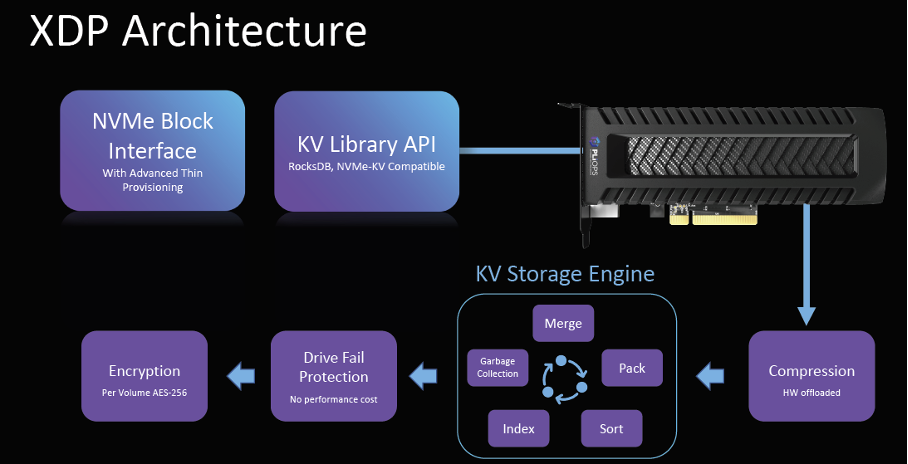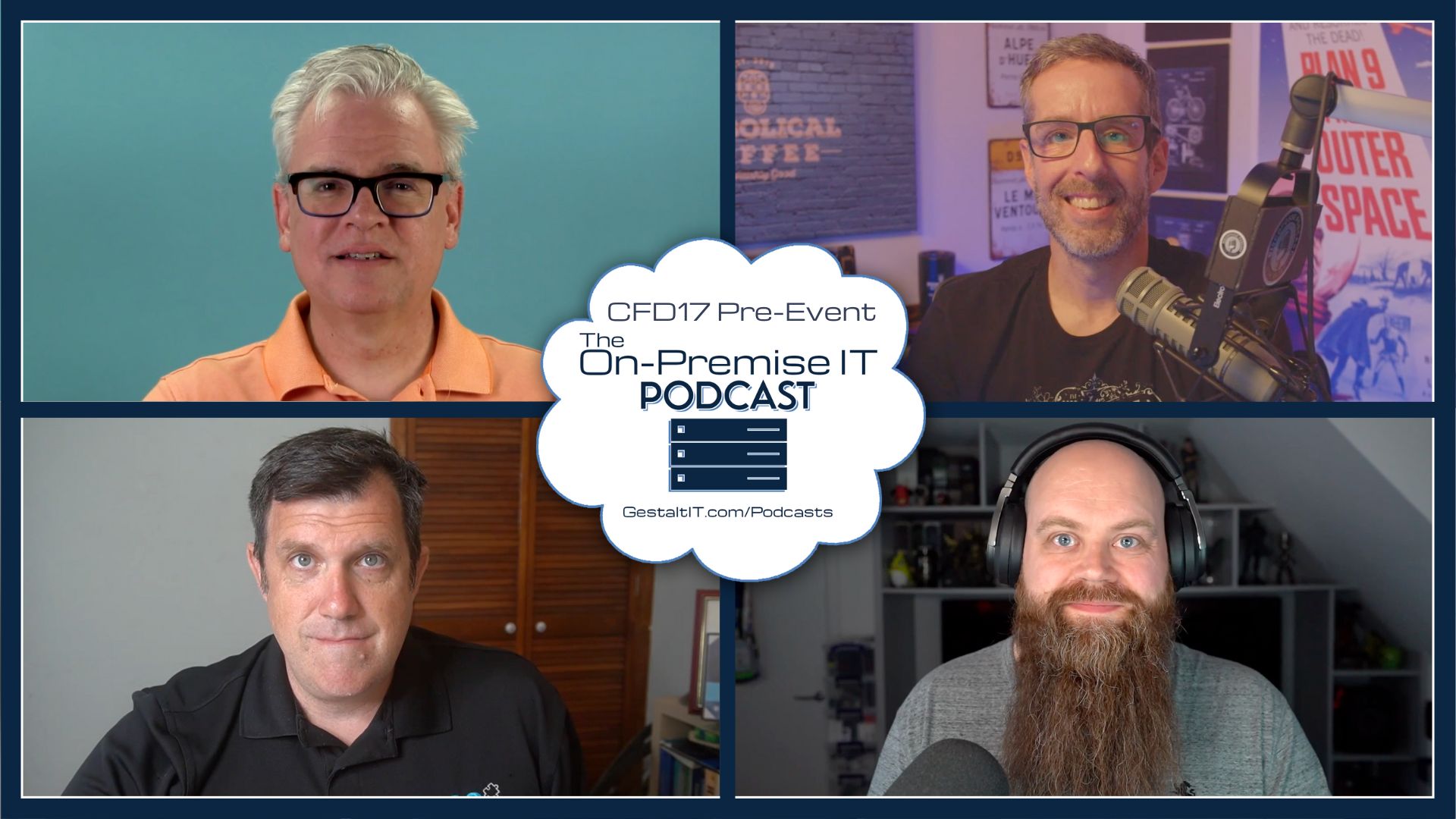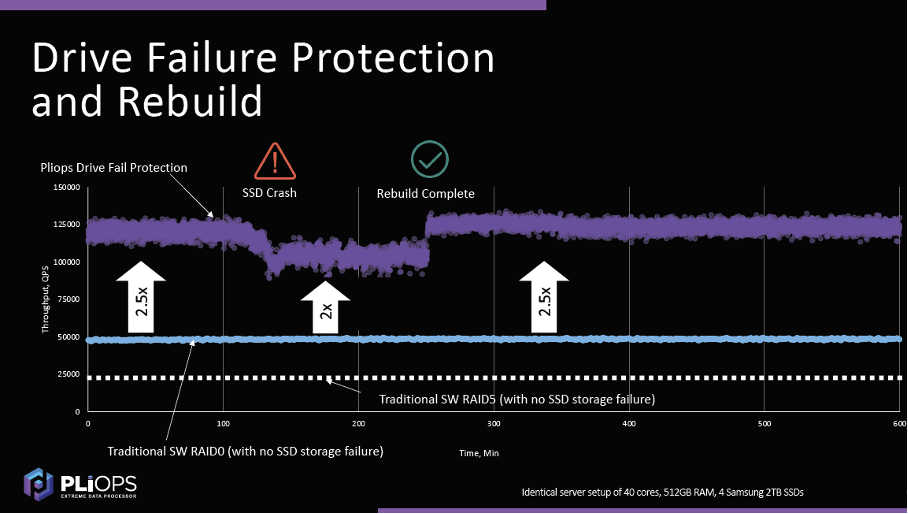Regardless of what industry you work in, at some point in your day, discussions will turn to sustainability and environmental impact. It may well have started in the motor and airline industries and moved its way through retail and food, but it is now squarely in focus within the technology industry.
We can all tell stories of how virtualisation changed the modern data centre, enabling more services in smaller footprints, with better resource utilisation and all number of economic and environmental benefits. This theme has continued with modern container technologies and applications taking advantage of on-demand functions instead of continuously running code. We’ve enabled the same success with fewer resources.
But what about storage? The development of storage technologies has come on leaps and bounds in the last decades, we are no longer limited by how fast a spindle can run. We see the performance of NVMe outstrip the systems it is connected to.
The Future is Distributed
The industry, in general, is shifting, we’ve spent a long time where general-purpose computing was king, but times change. CPUs are no longer growing in performance at a rate that keeps up with the surrounding infrastructure components.
Allowing specific tasks to be processed by dedicated hardware designed for just that function is bringing in a new era of computing. We have seen it with network components, now we are seeing the rise of this technology in data processing and management.
Enter Pliops Extreme Data Processor (XDP), hardware-accelerated storage for the modern data centre. Much like we use GPUs to offload specific workloads that benefit from that architecture, XDP allows you to offload storage operations to a data processor. Bringing higher IOPS and greater capacities in the same x86 server footprint you already have. All without introducing bottlenecks elsewhere in the system.

Who’s the Audience?
During the recent Gestalt IT Showcase, Pliops provided several customer use cases with some compelling numbers and results. Customers are replacing expensive memory systems that are costly to scale with XDP, whilst still able to provide similar performance to the end users. Other customers were able to get greater storage density utilising newer QLC flash without facing penalties in performance or durability.
But I don’t think that alone did enough justice to the idea. We all need to look at our data centre footprints, IT infrastructure accounts for a growing percentage of the world’s energy consumption, especially with the growth of cryptocurrencies in the last few years. We can all help do our part to bring down energy usage in the technology industry.
So, who benefits? Primarily, I see this starting with service providers and businesses that have large-scale requirements on infrastructure. Can I get more out of my existing footprint? Can I provide the same level of service to my customers and grow my customer base without requiring an exponential growth in hardware? With XDP, yes you can.
Moving along the path I see benefits for anyone that must do a lot of work with data. Data after all is growing at a rate none of us expected, with ever more use cases for data, both historical and newly collected, we need somewhere to process it all. AI/ML workloads are growing rapidly, the possibilities for what we can use data for and how we can glean new perspectives on old data are virtually endless.
Long term, I picture this type of technology everywhere. All devices can benefit from lower power consumption without impacting performance. With the workforce becoming distributed, so are the devices we use. Many home-based workstation systems are now as powerful as data centre servers because we need the performance and availability where we are.
Distributed processing and offload technologies are ultimately something for everyone. To learn more about the Pliops Extreme Data Processor, check out this Gestalt IT Showcase for an overview and customer use cases.




